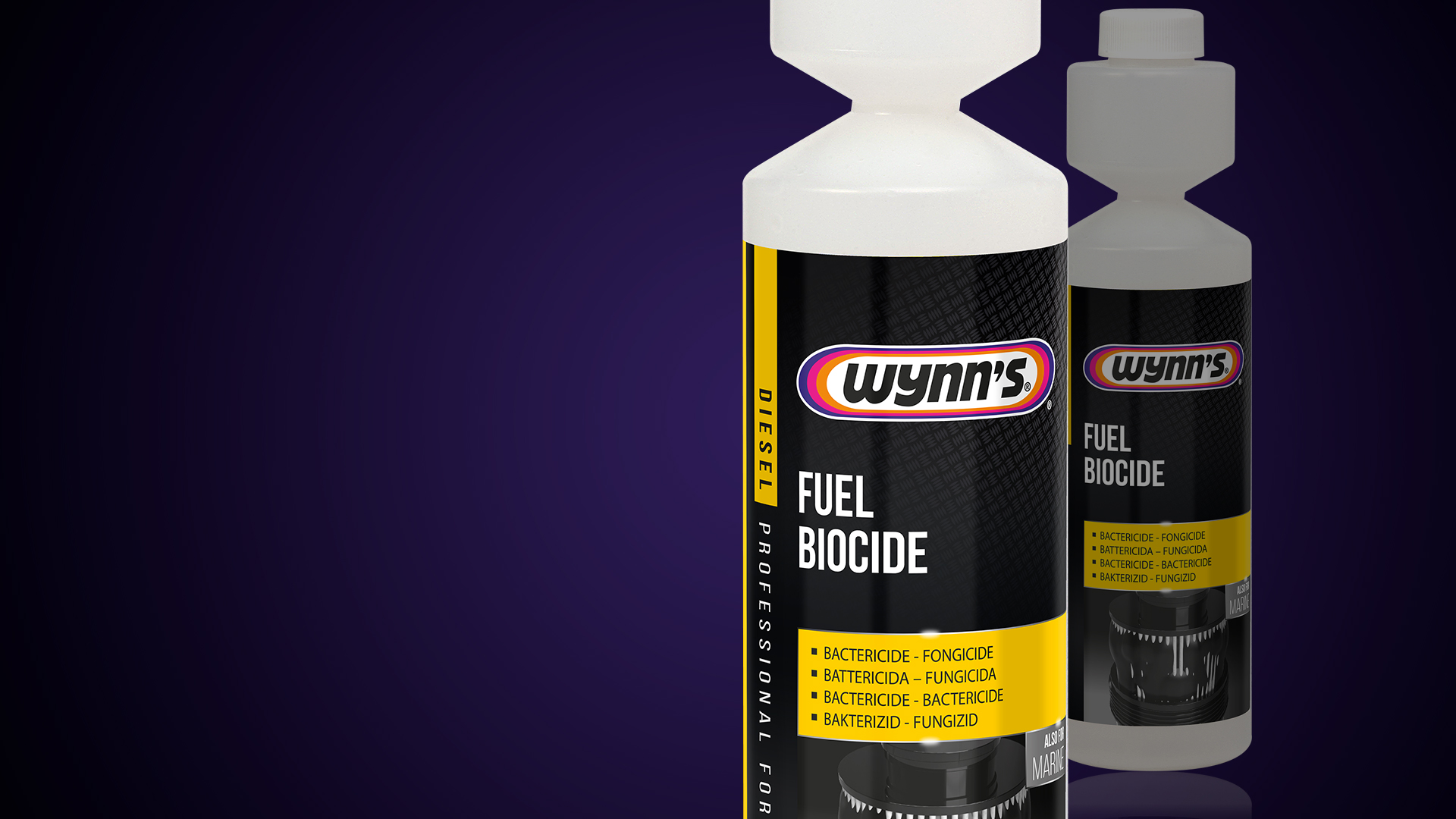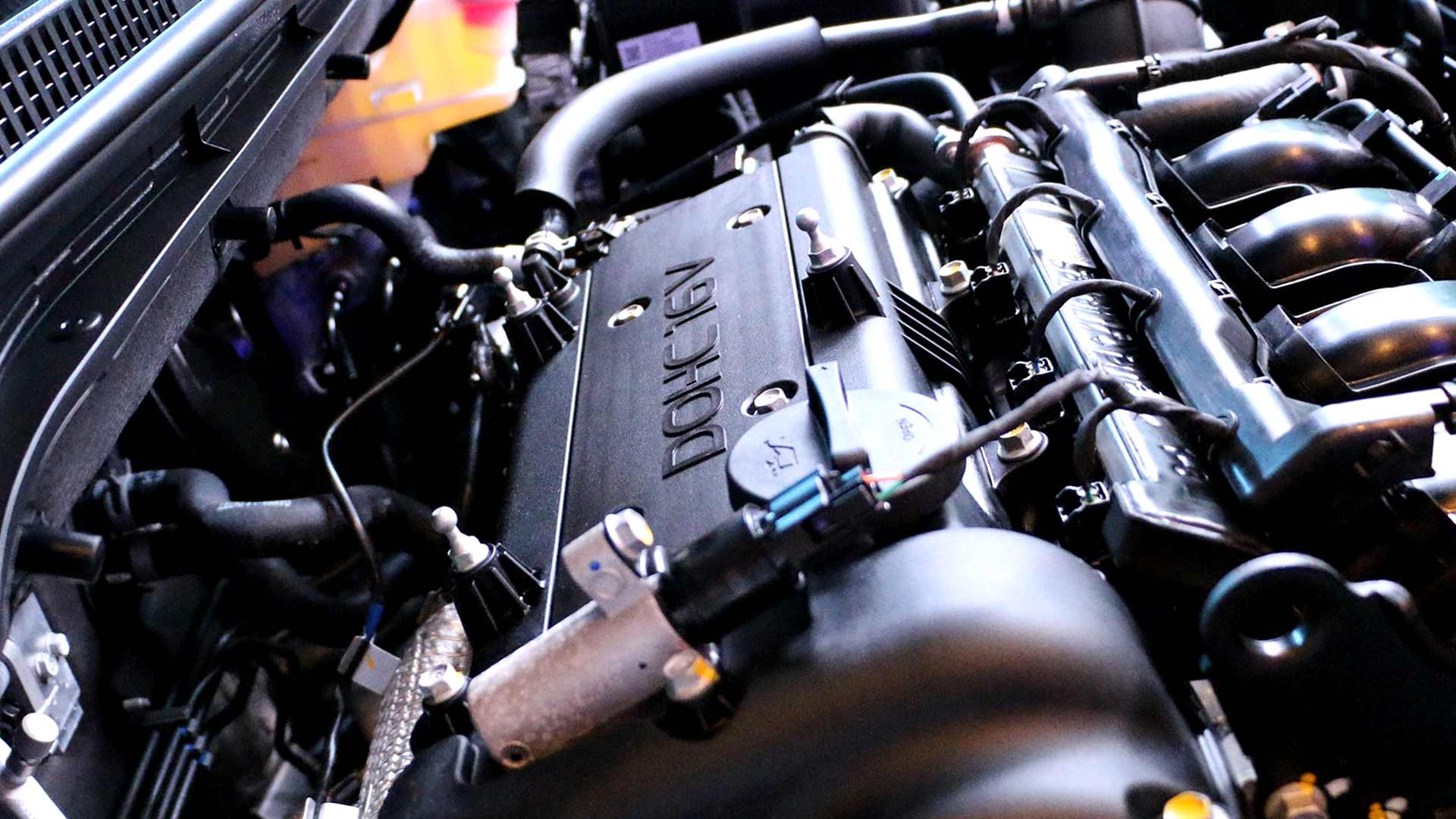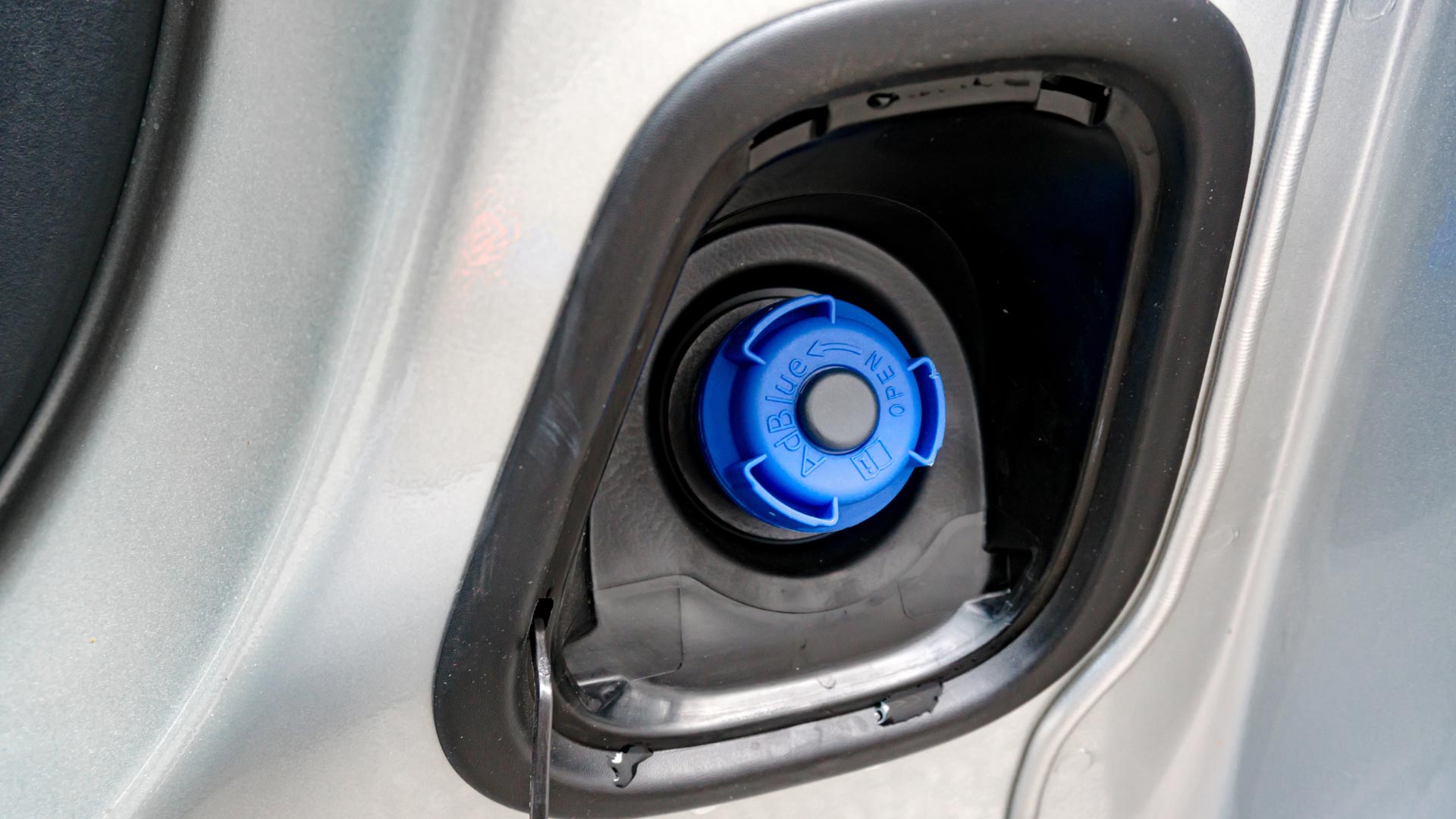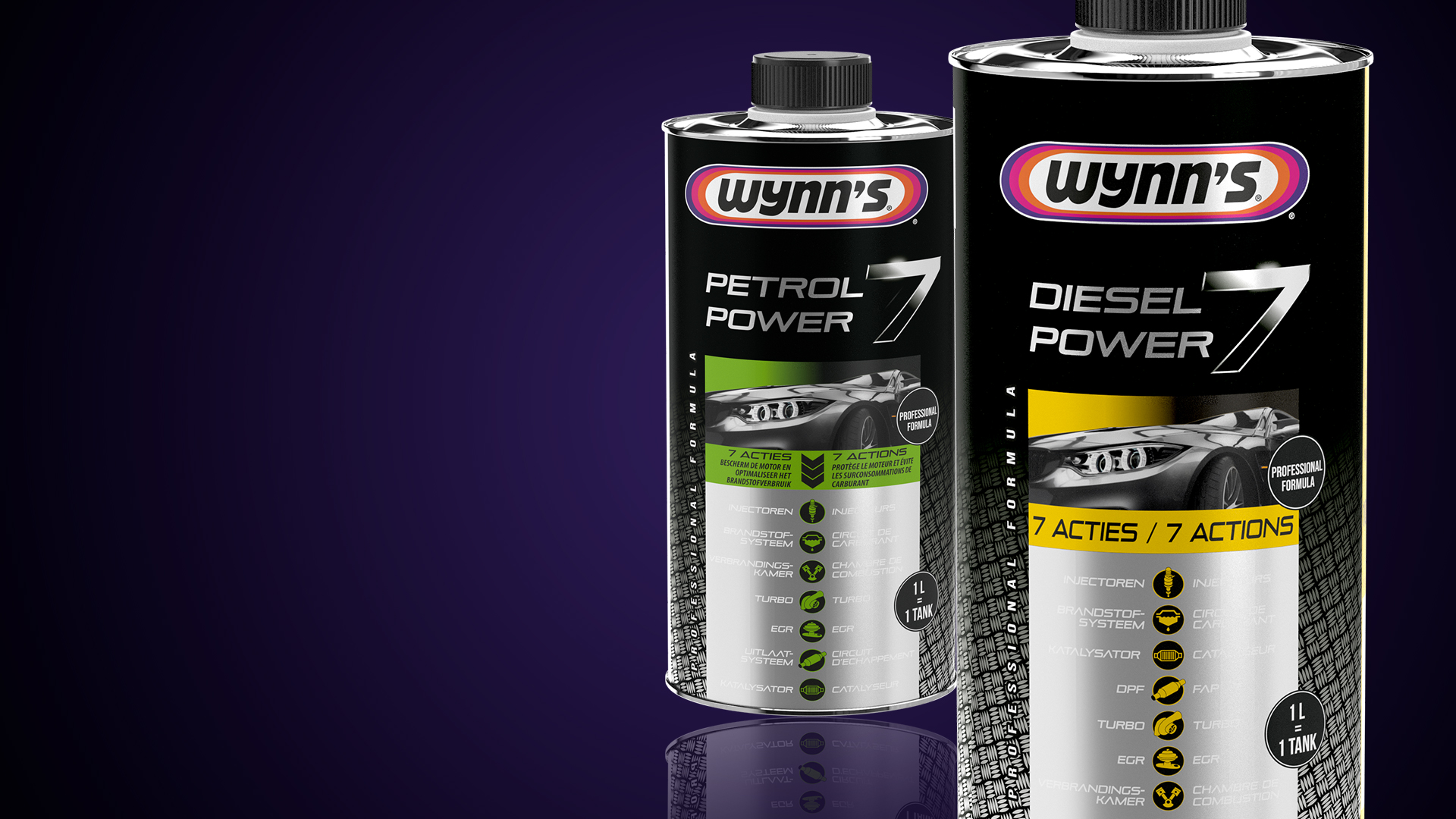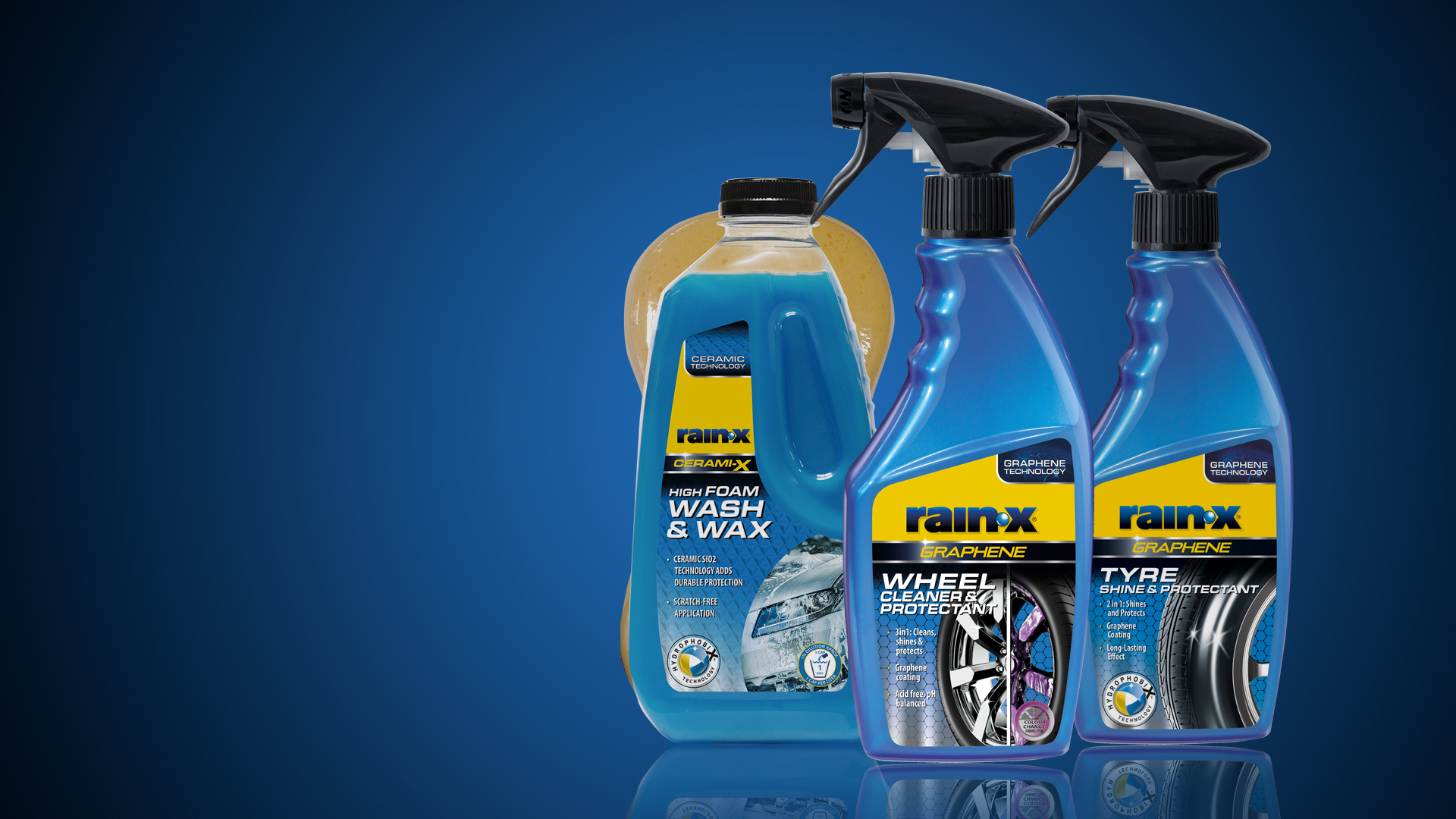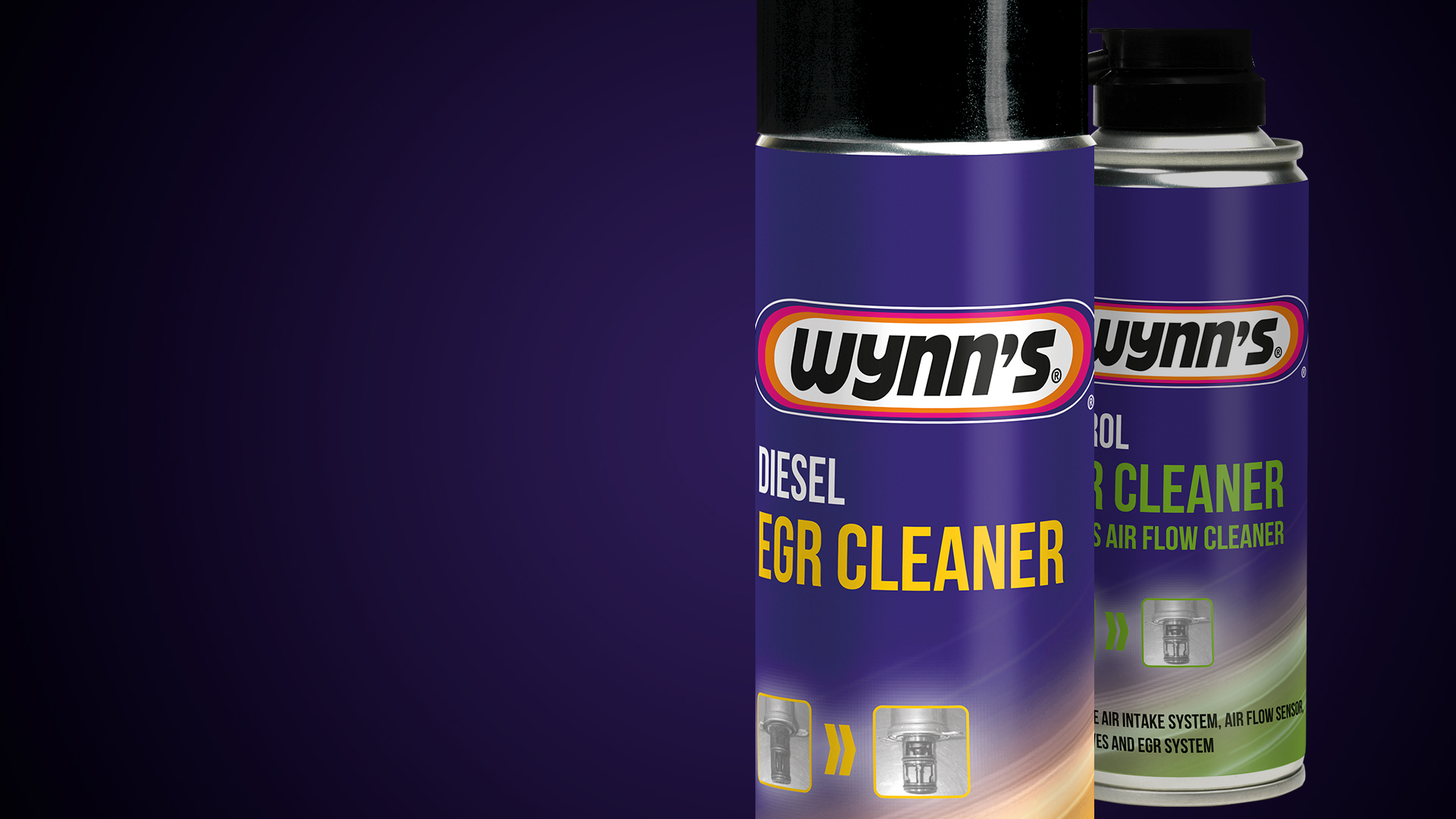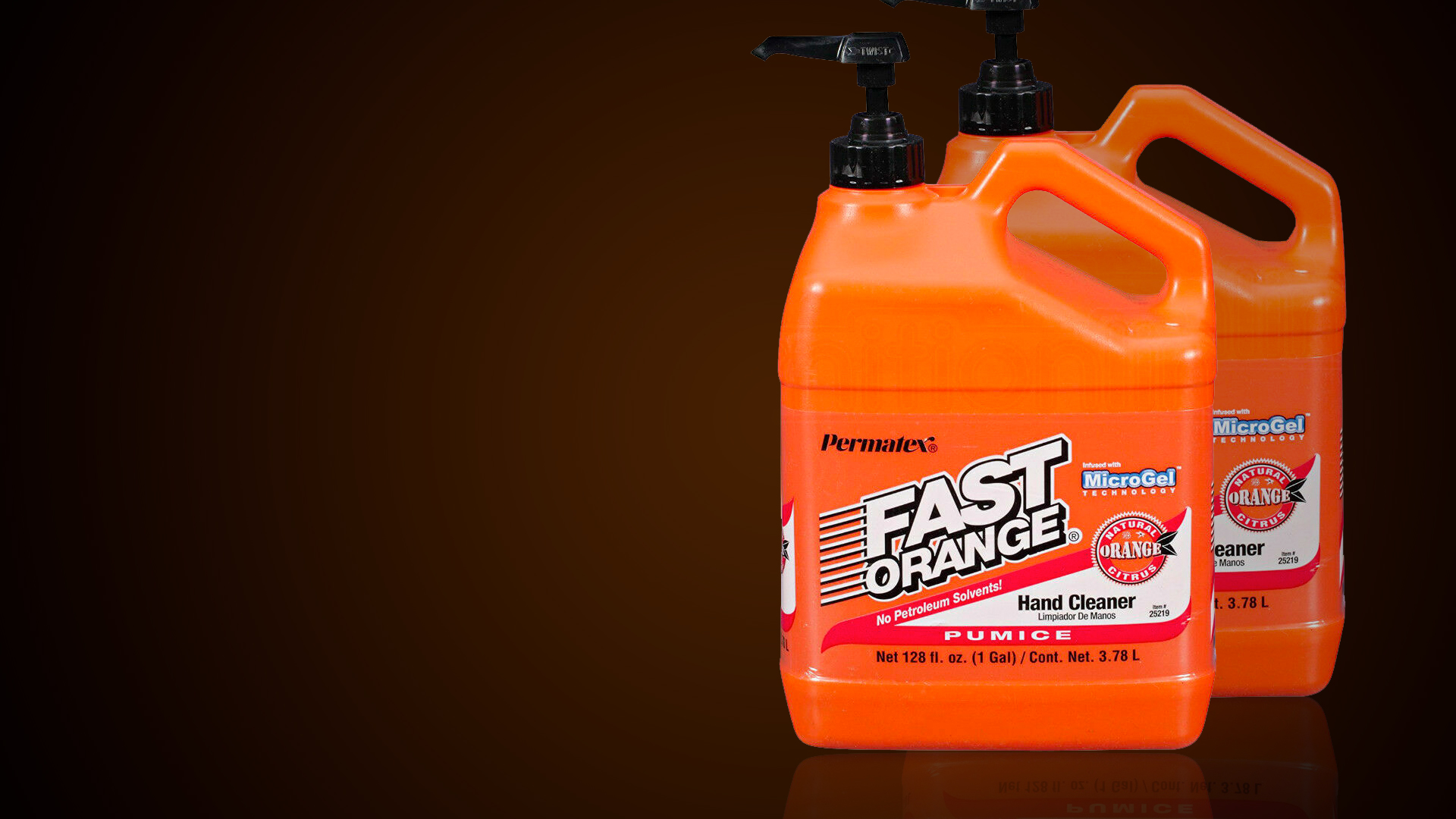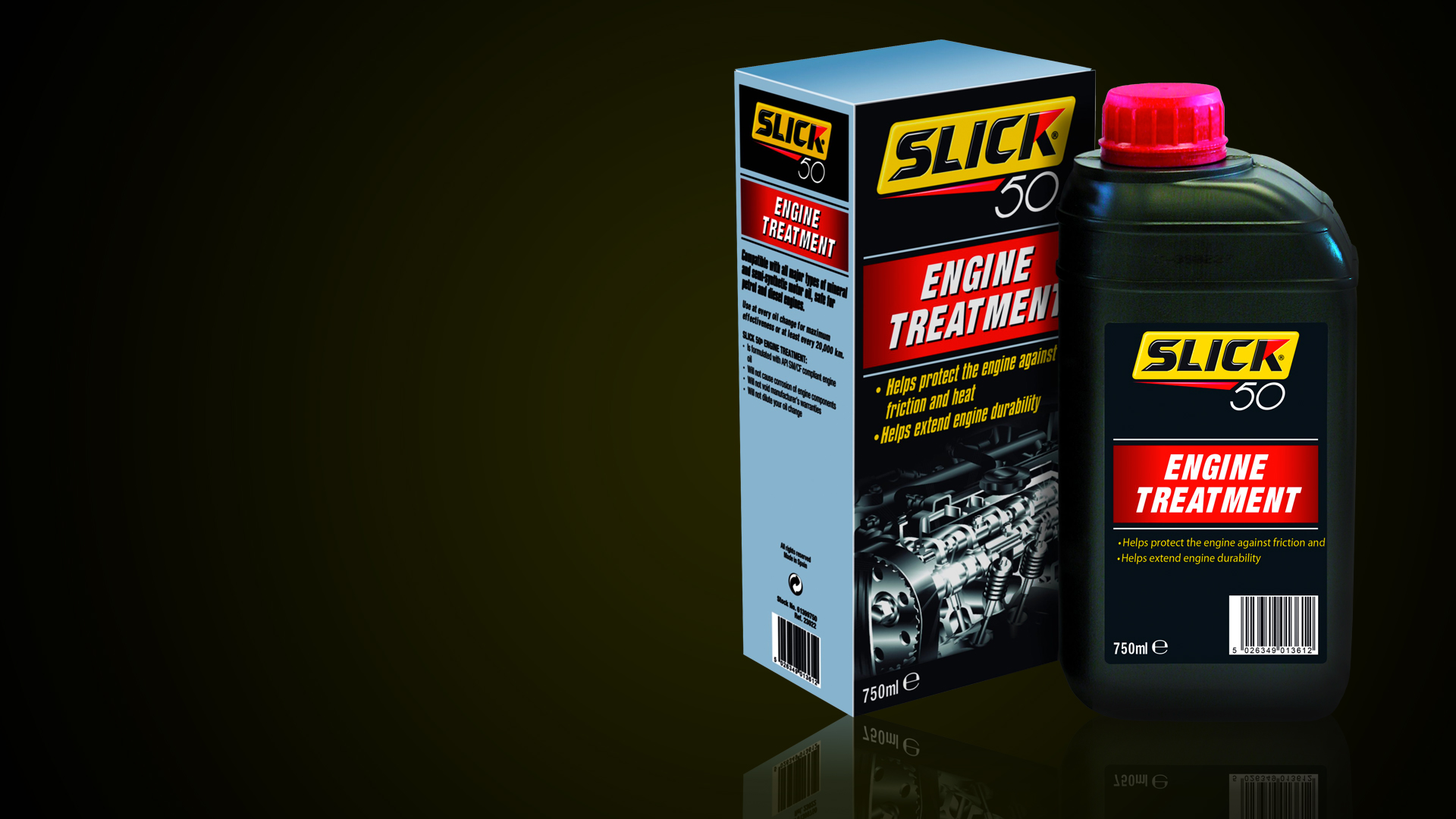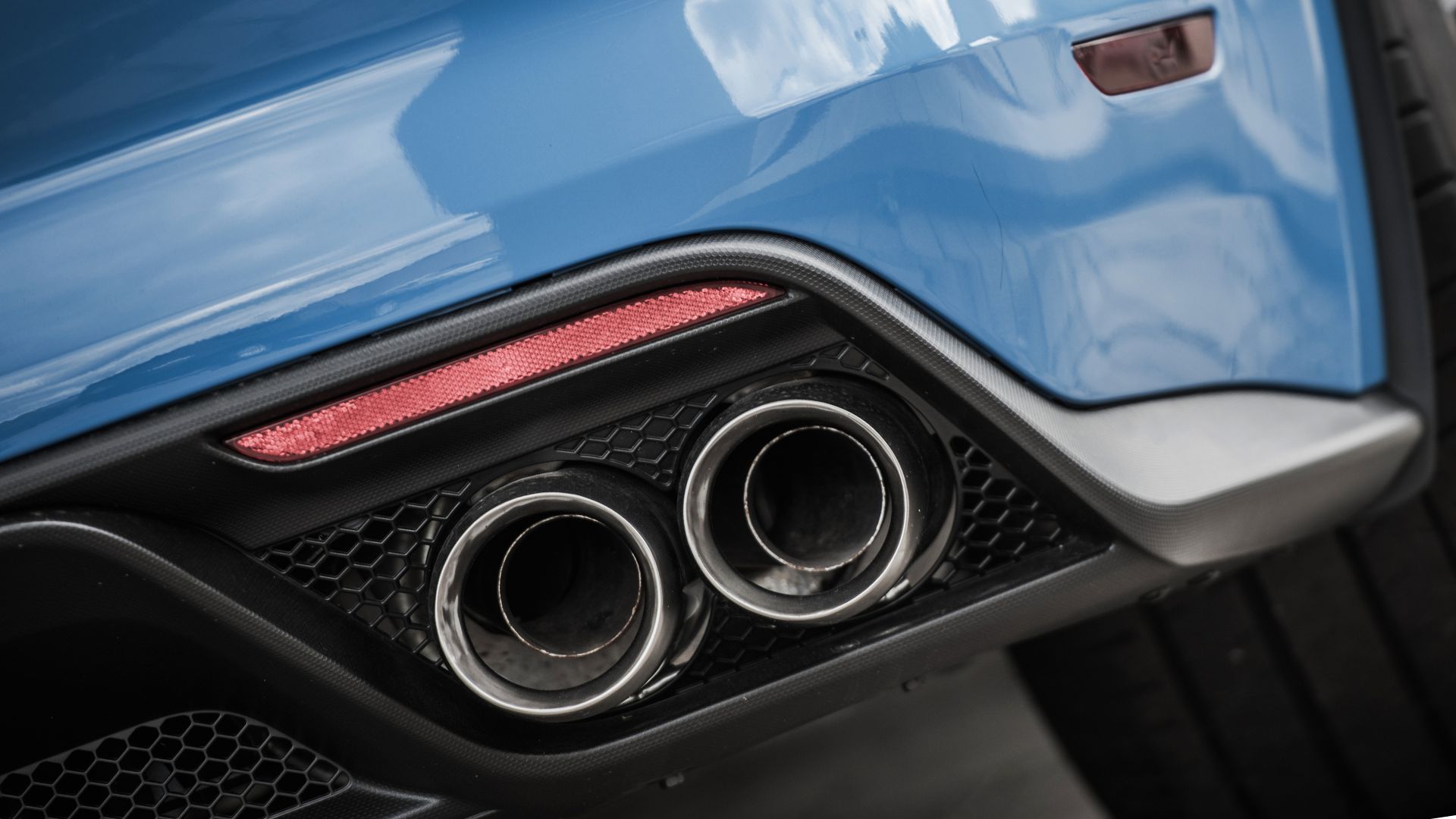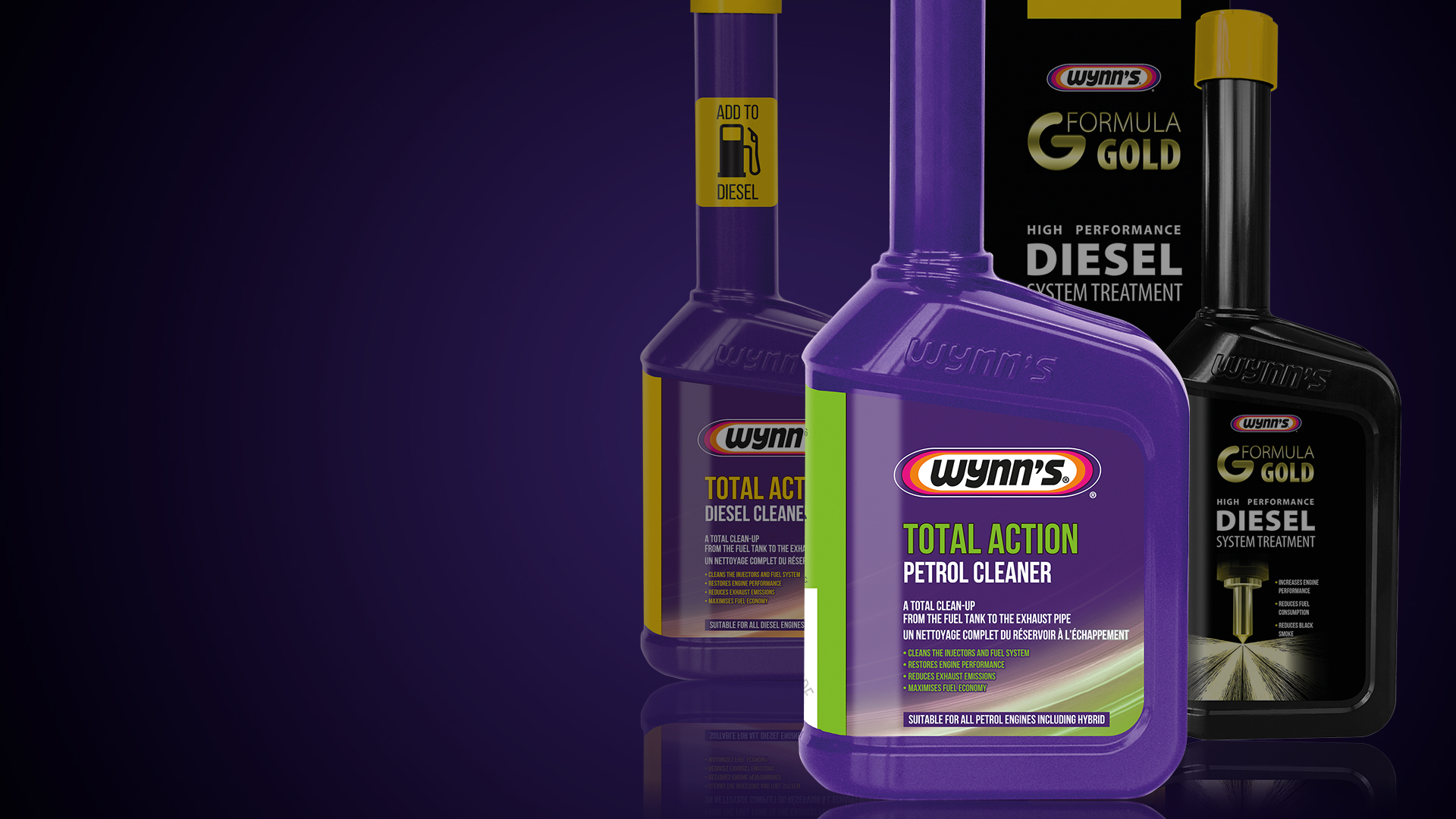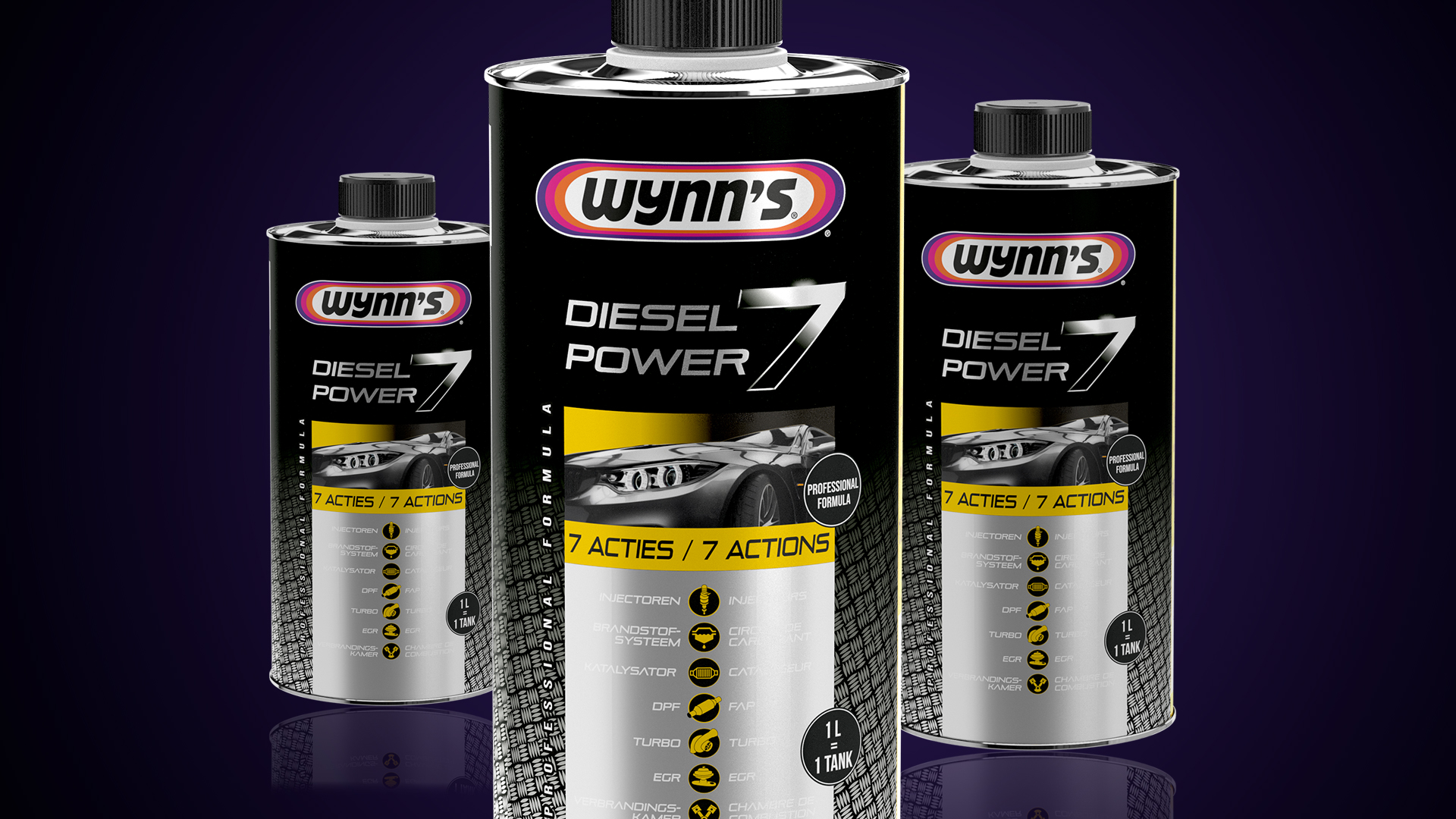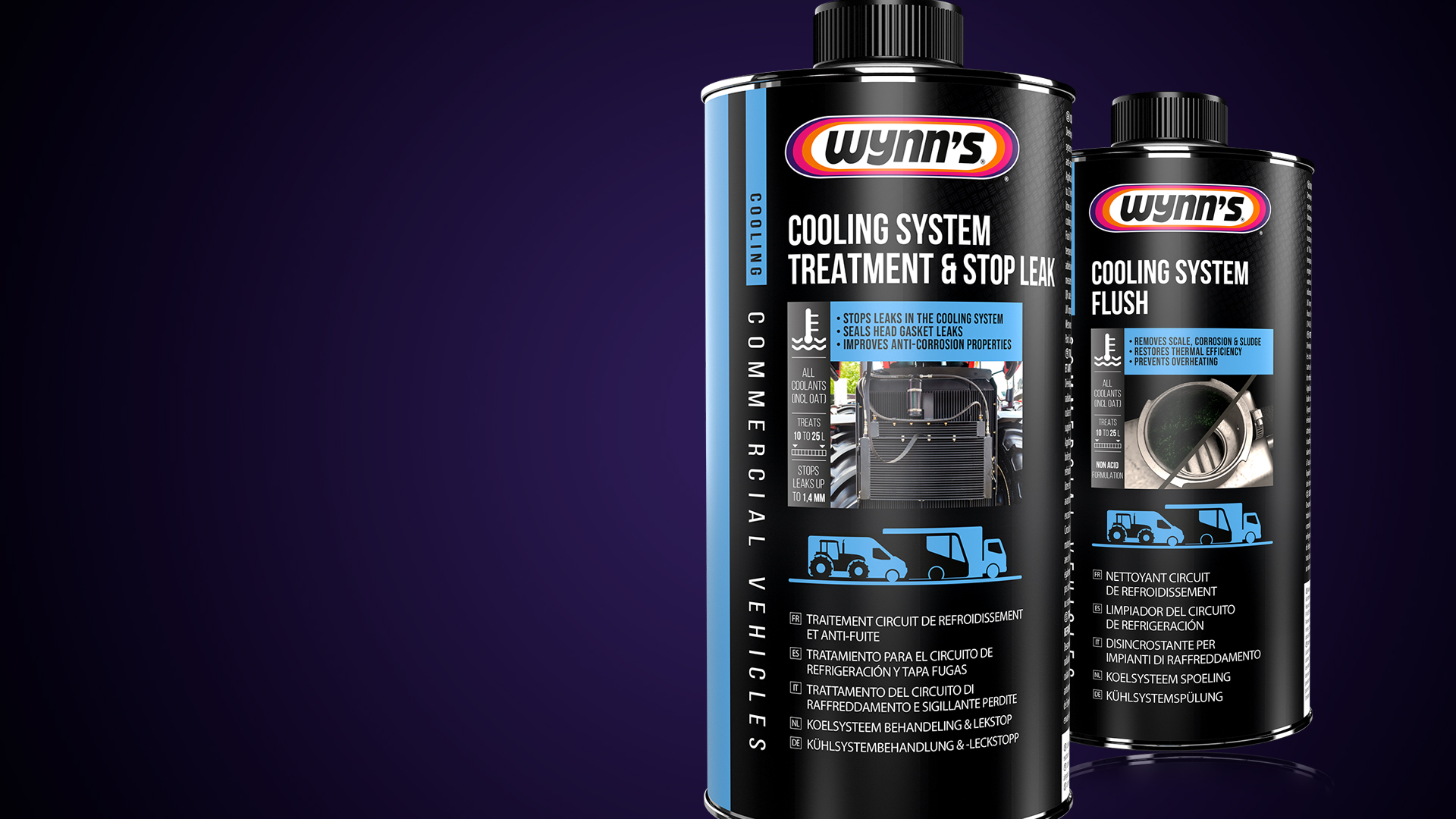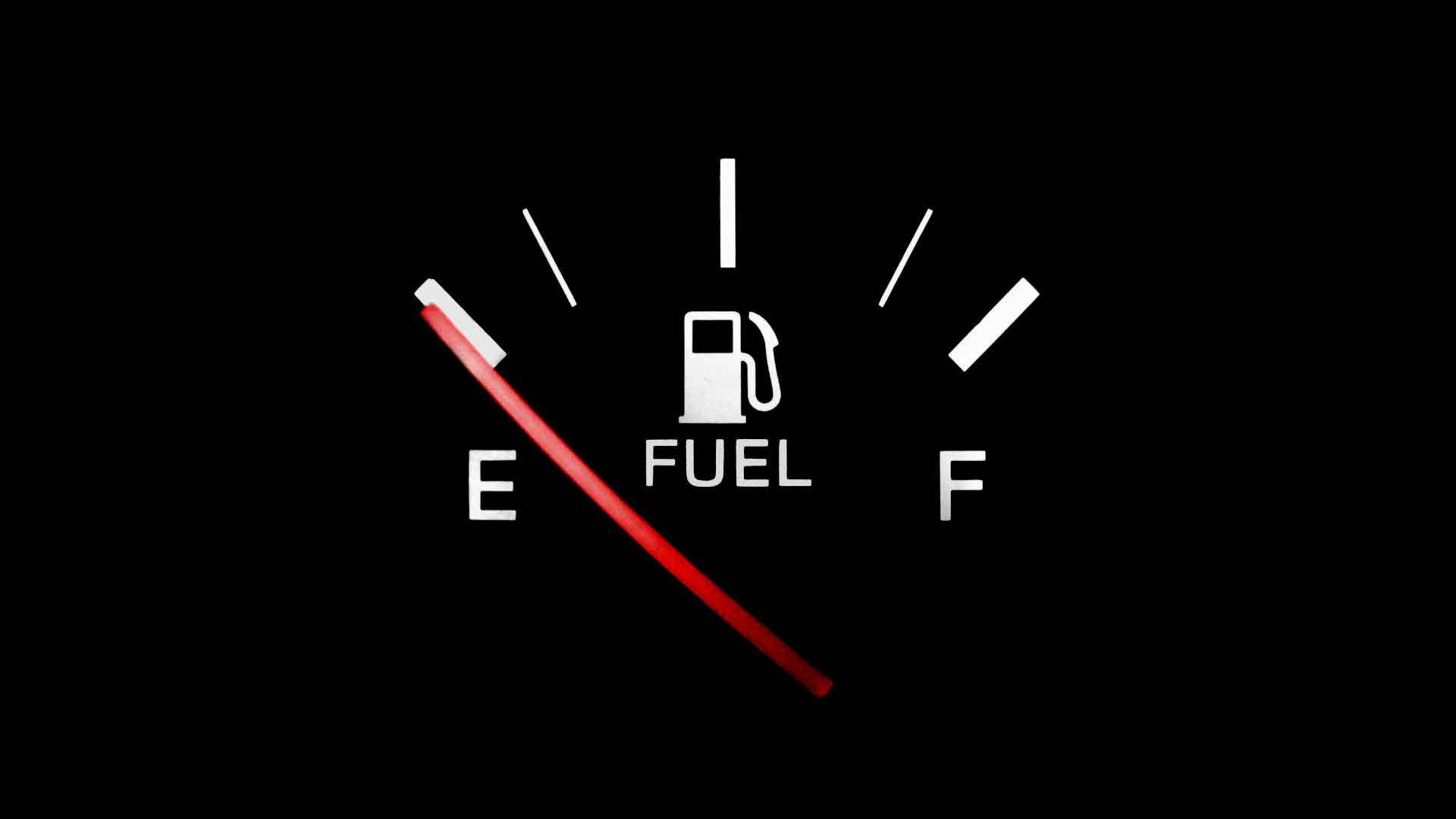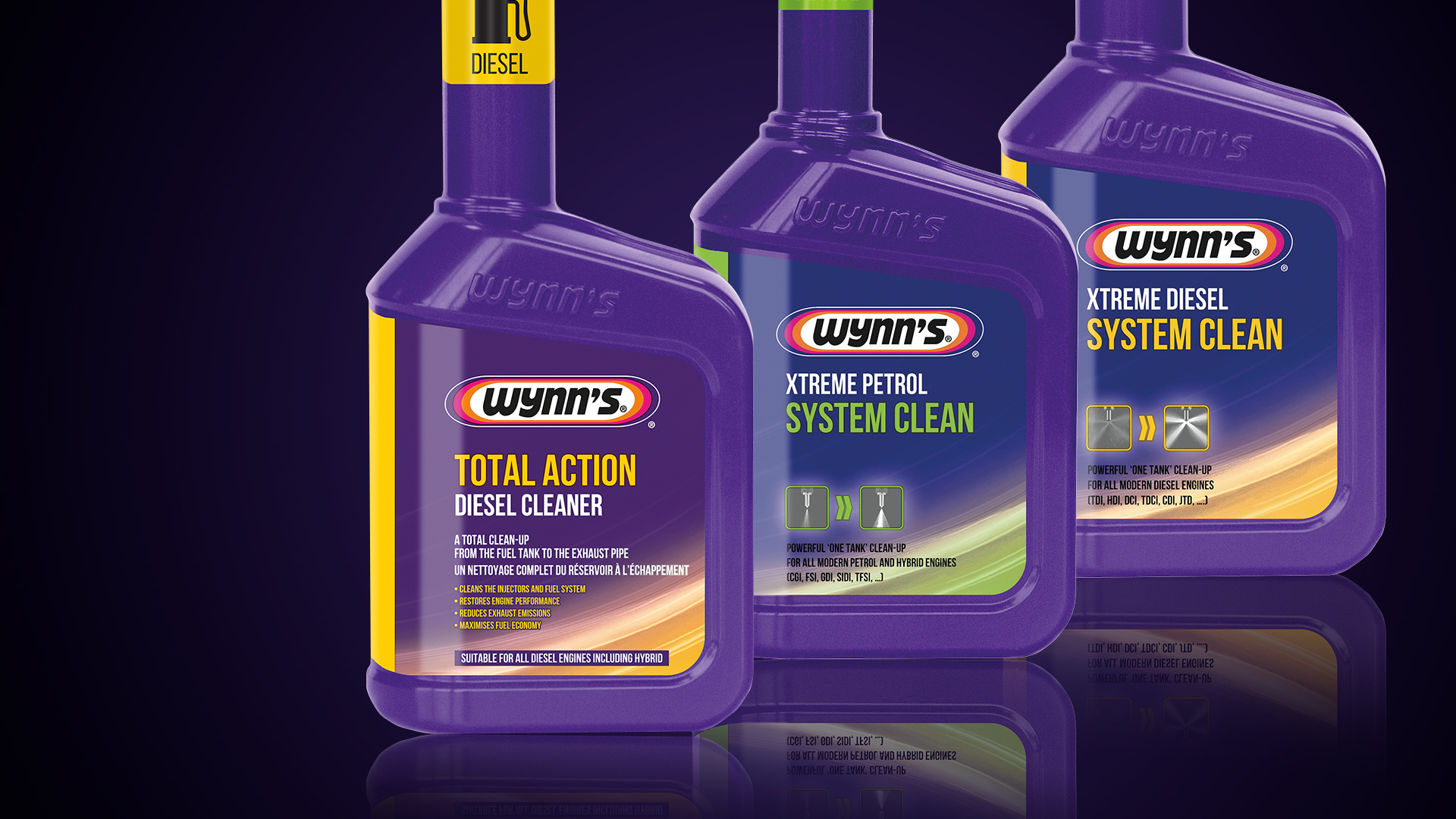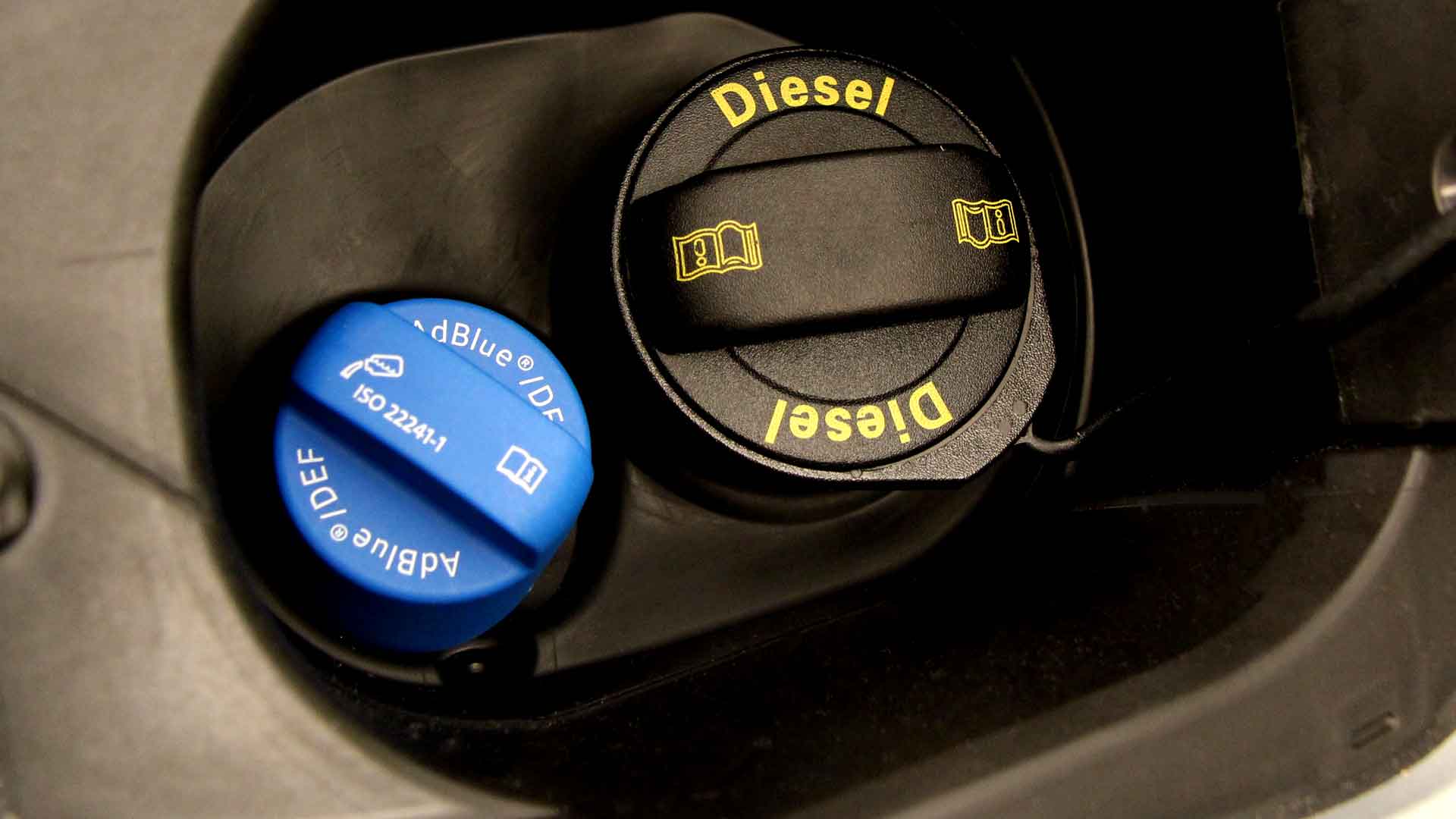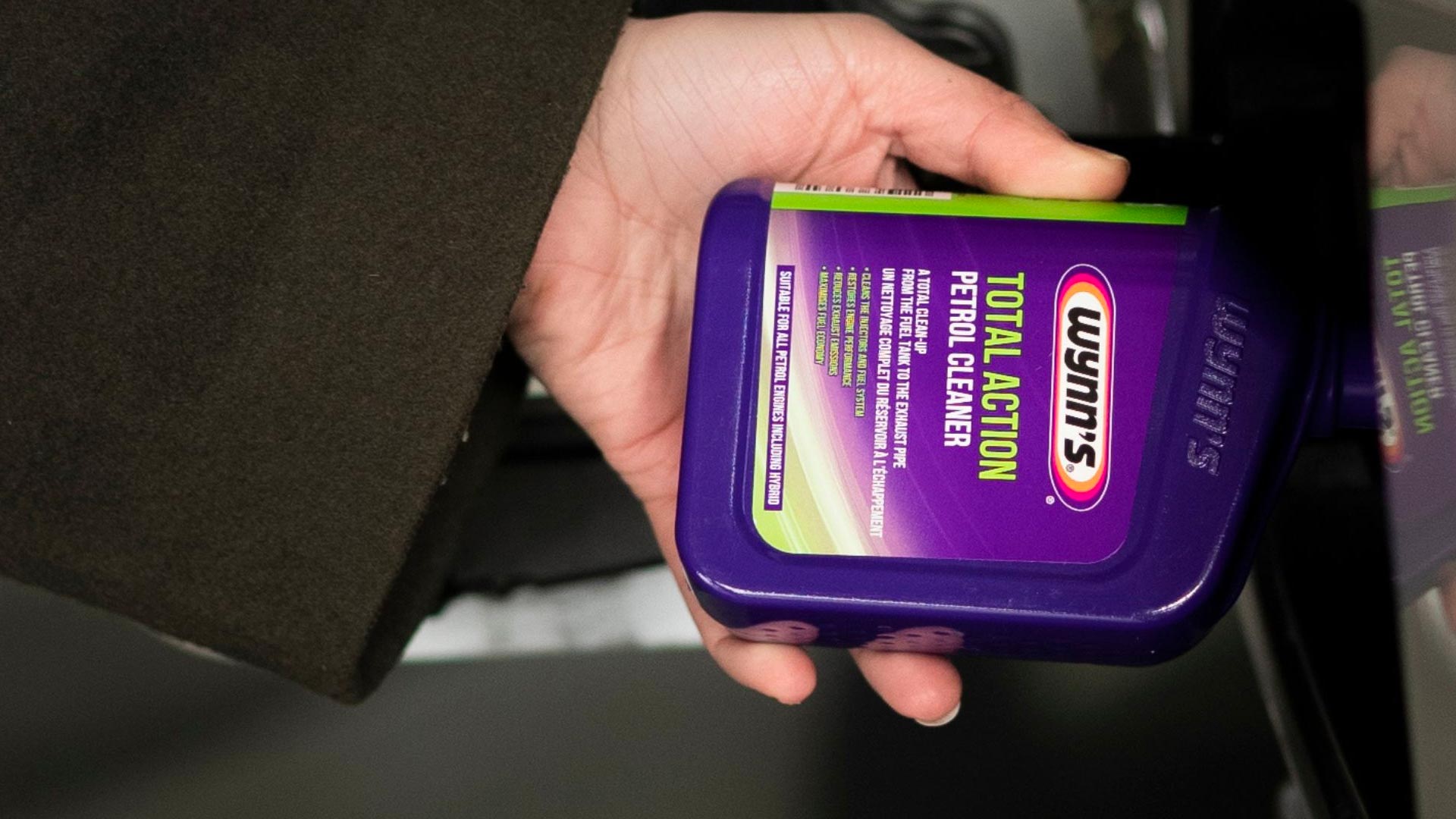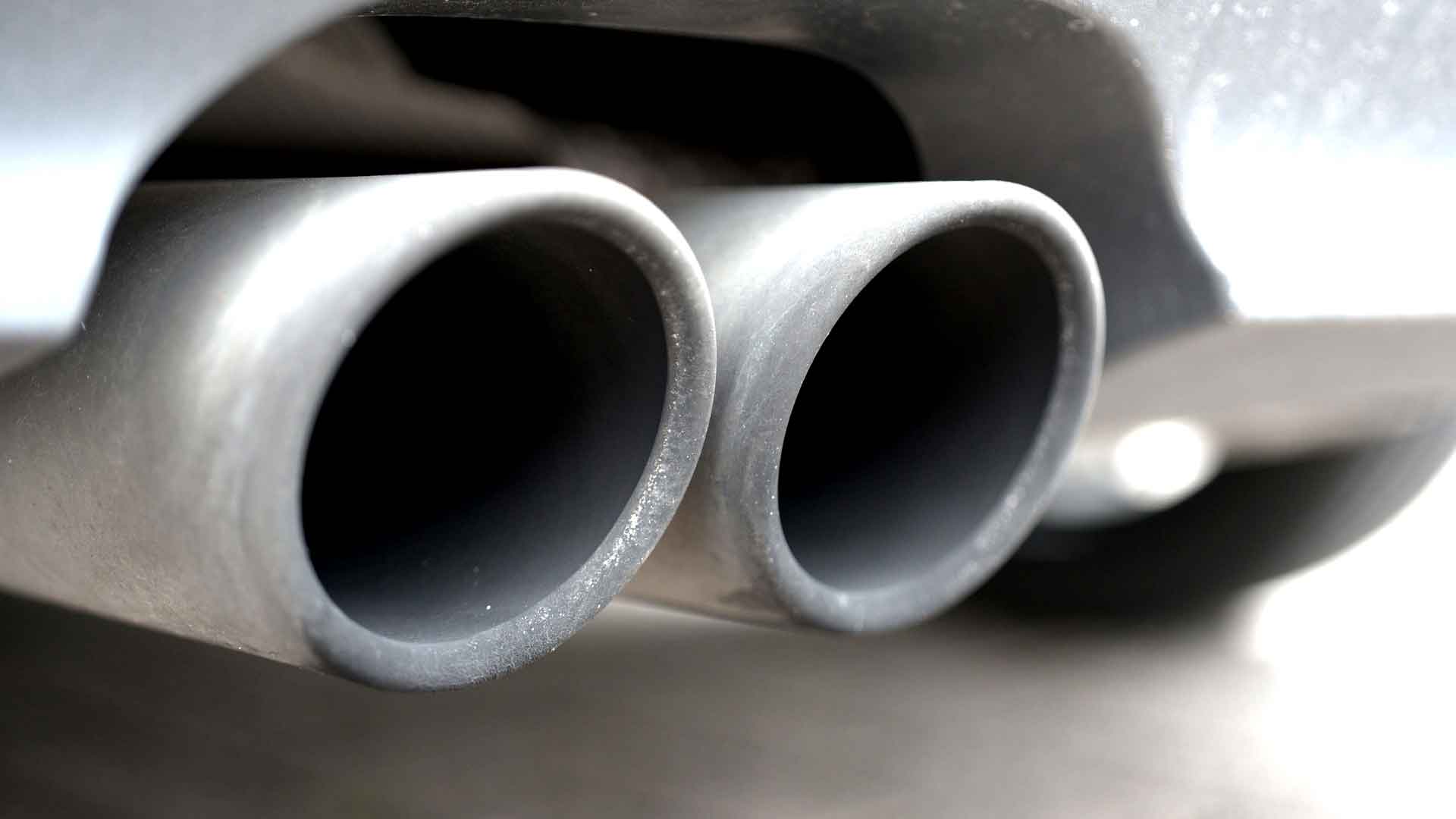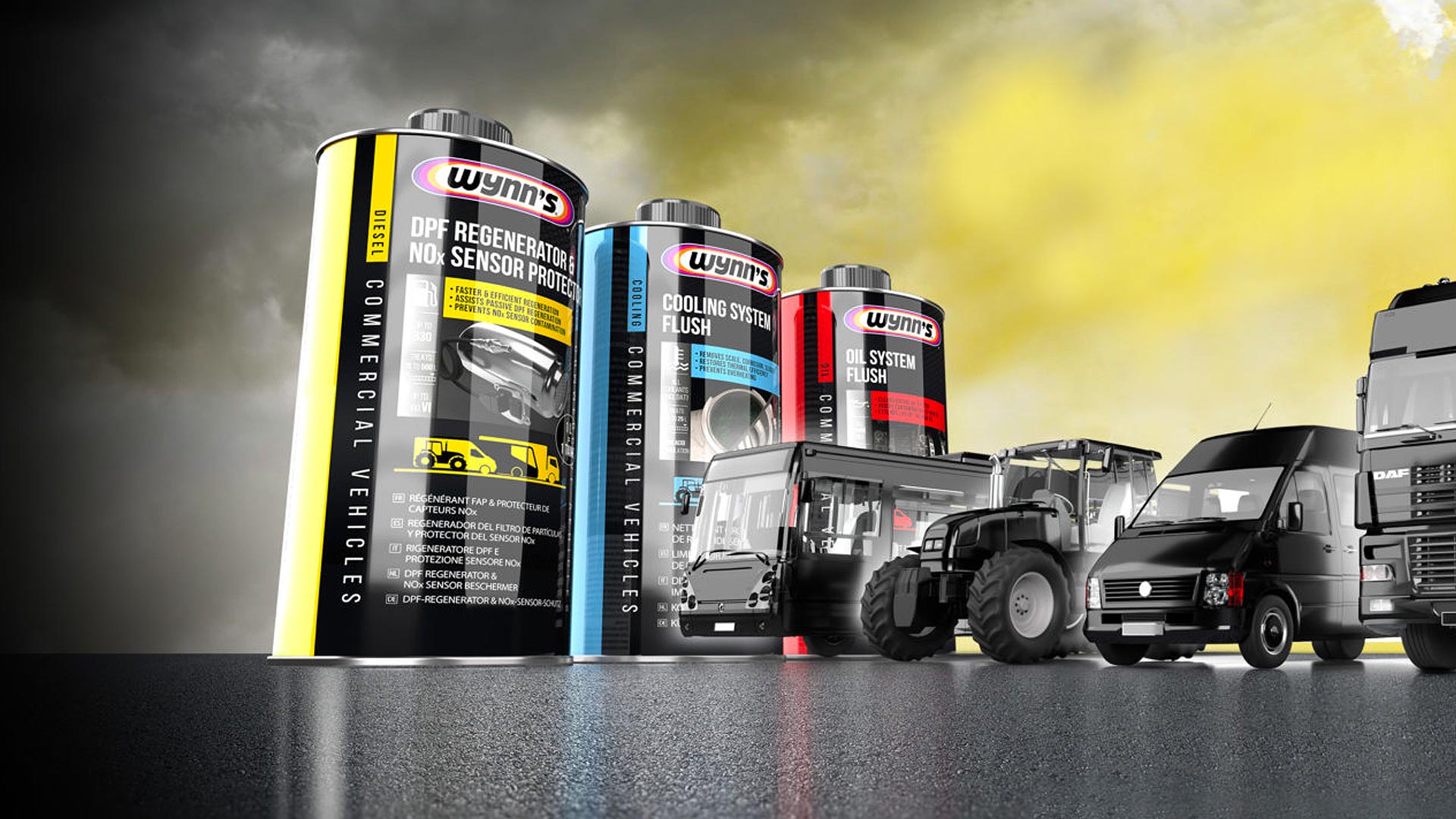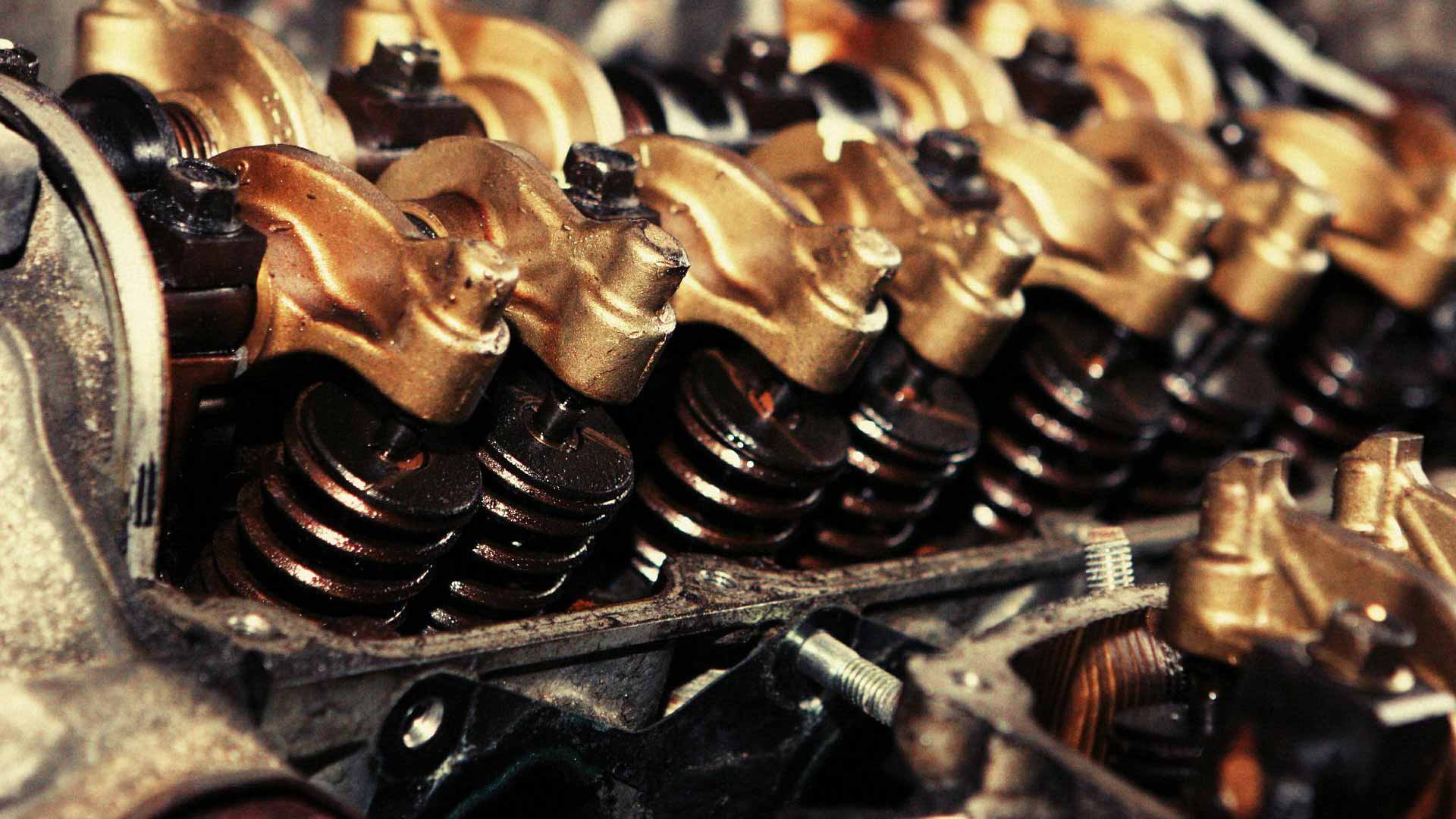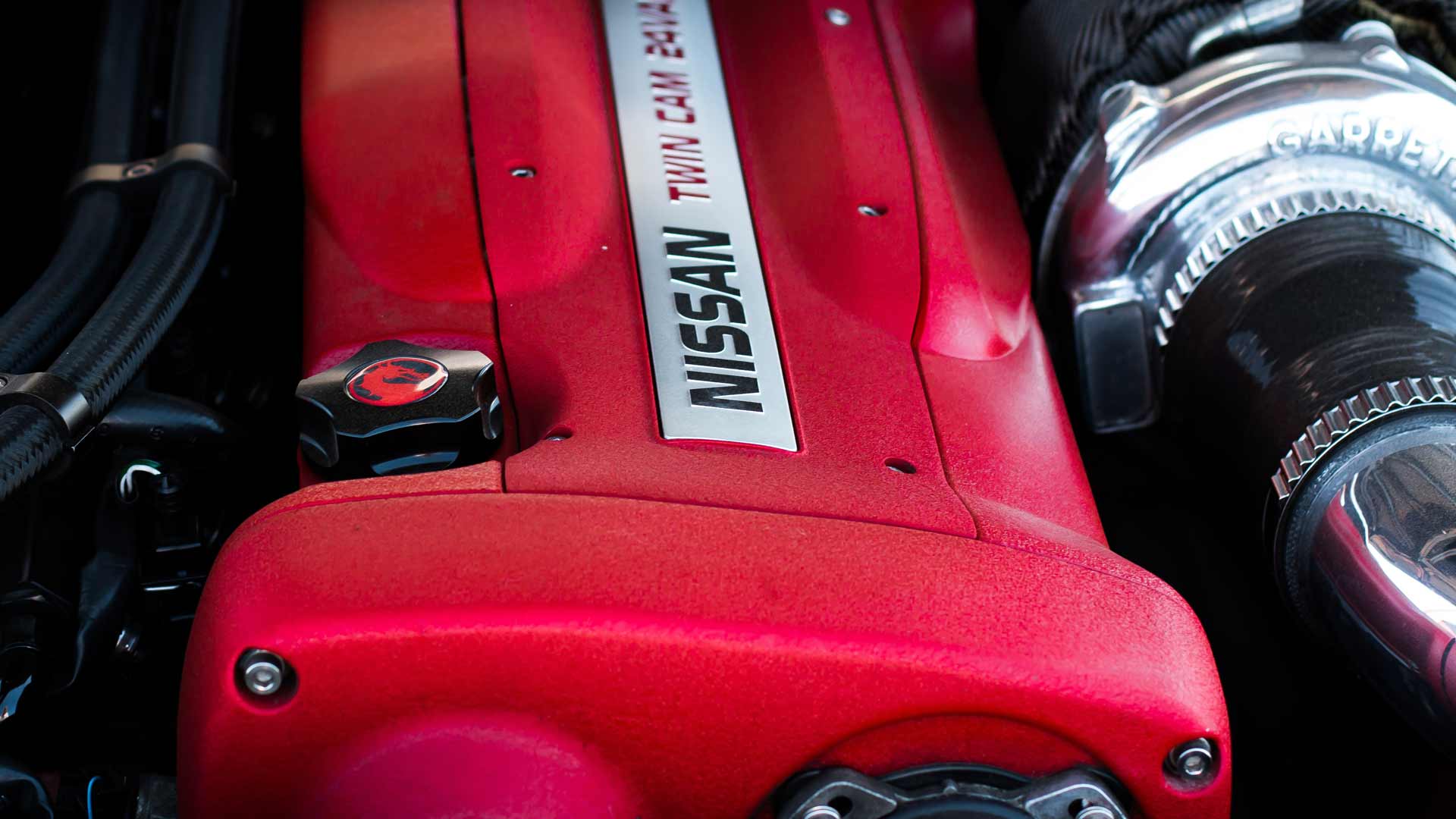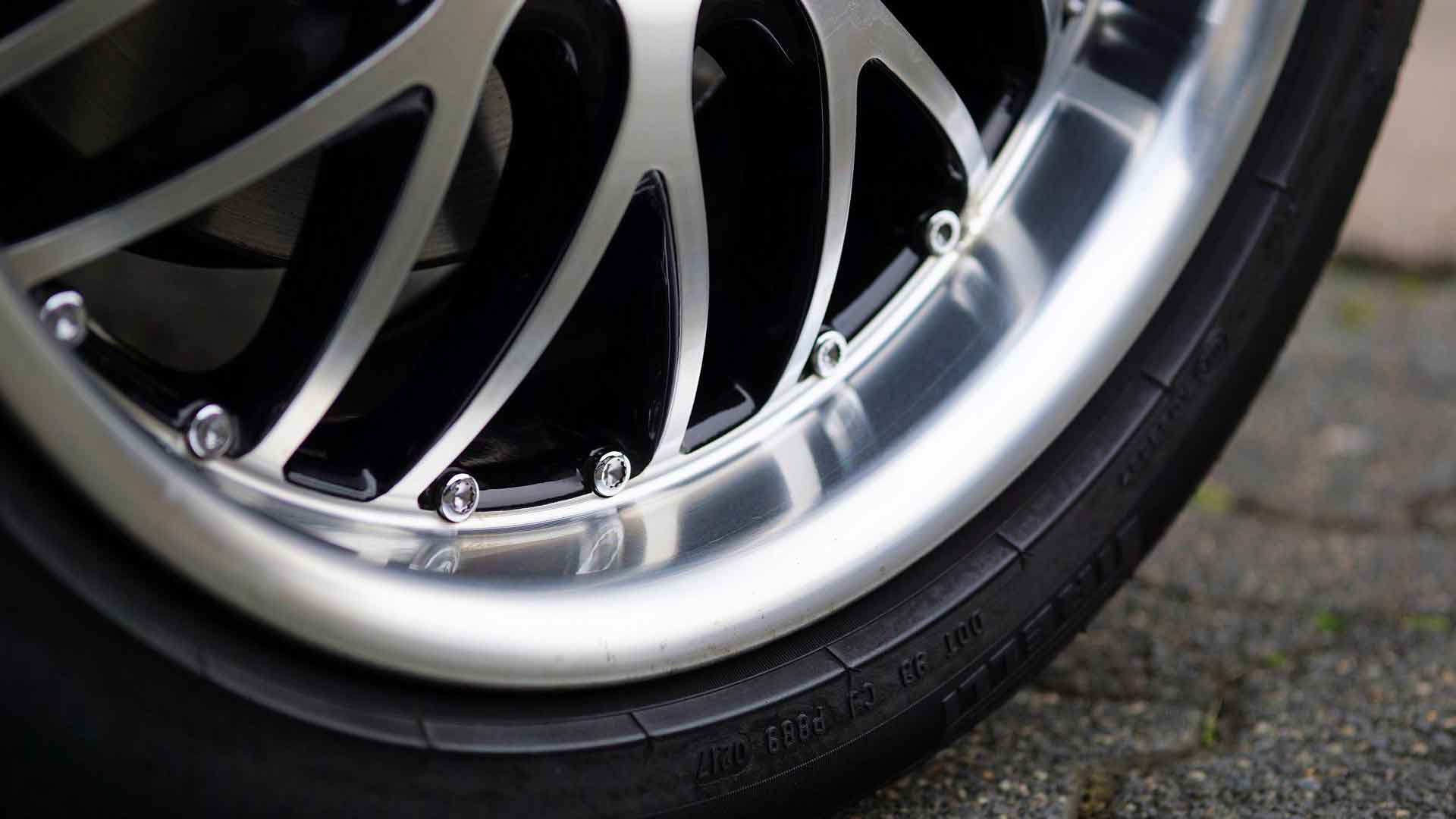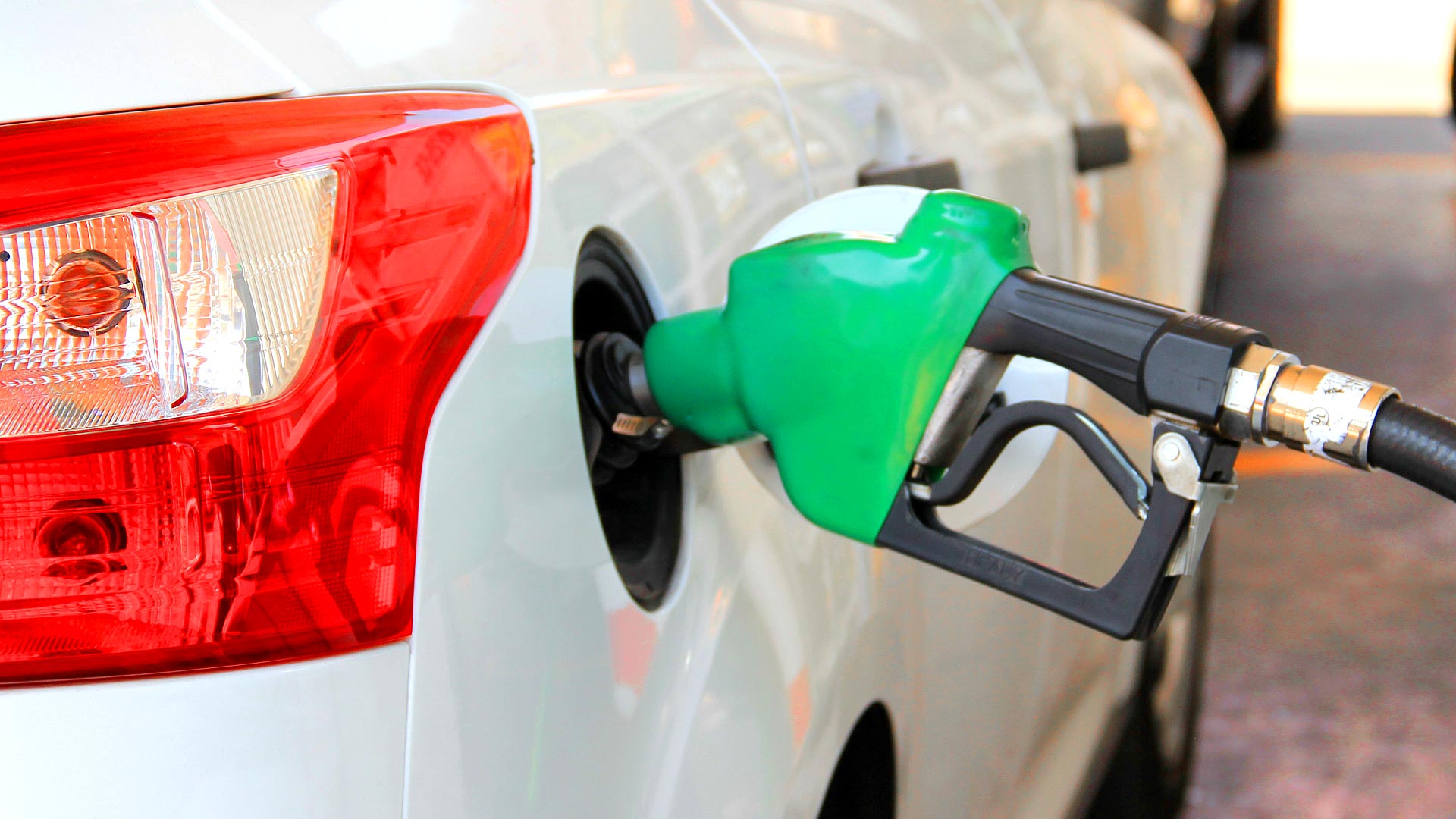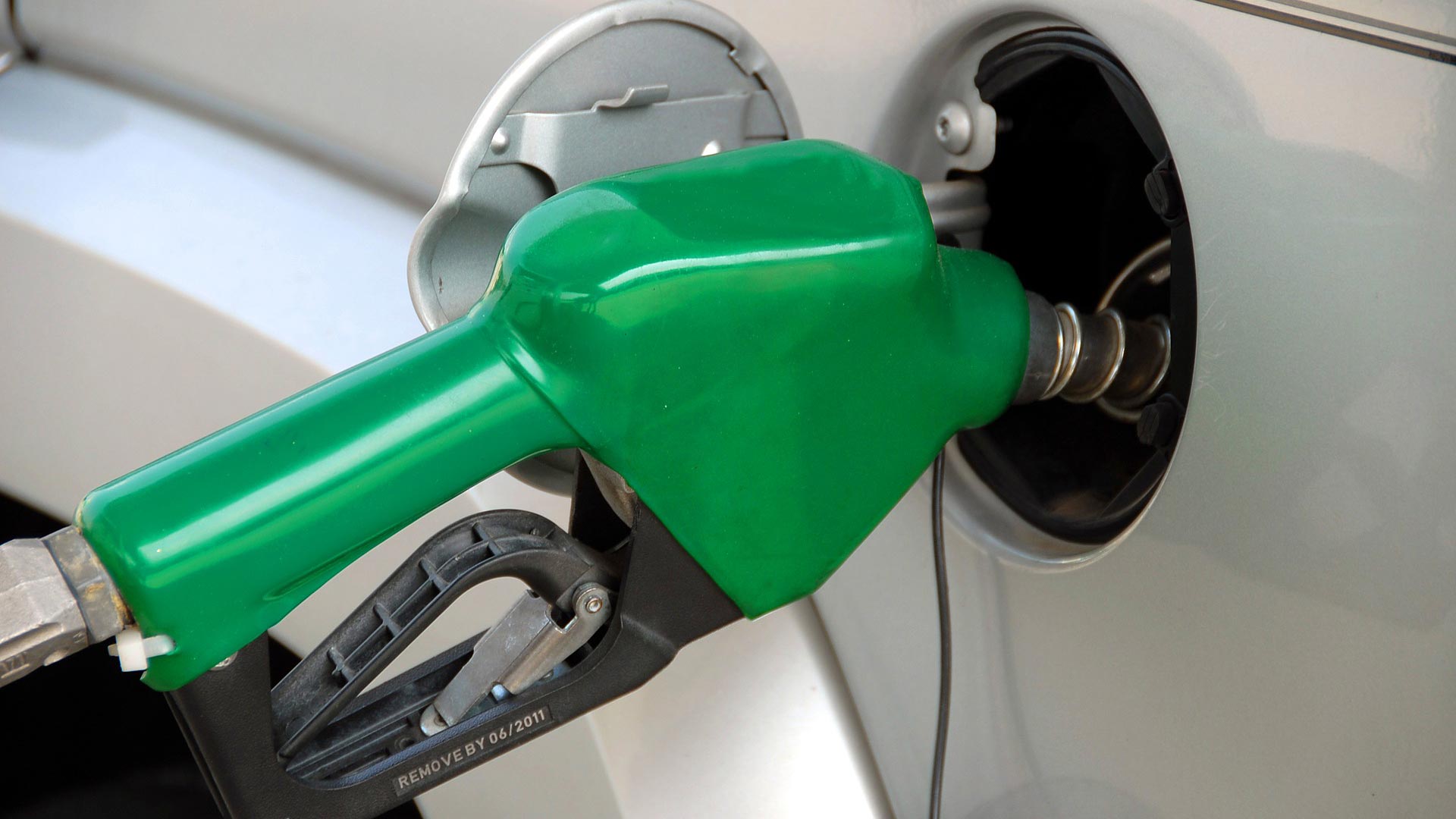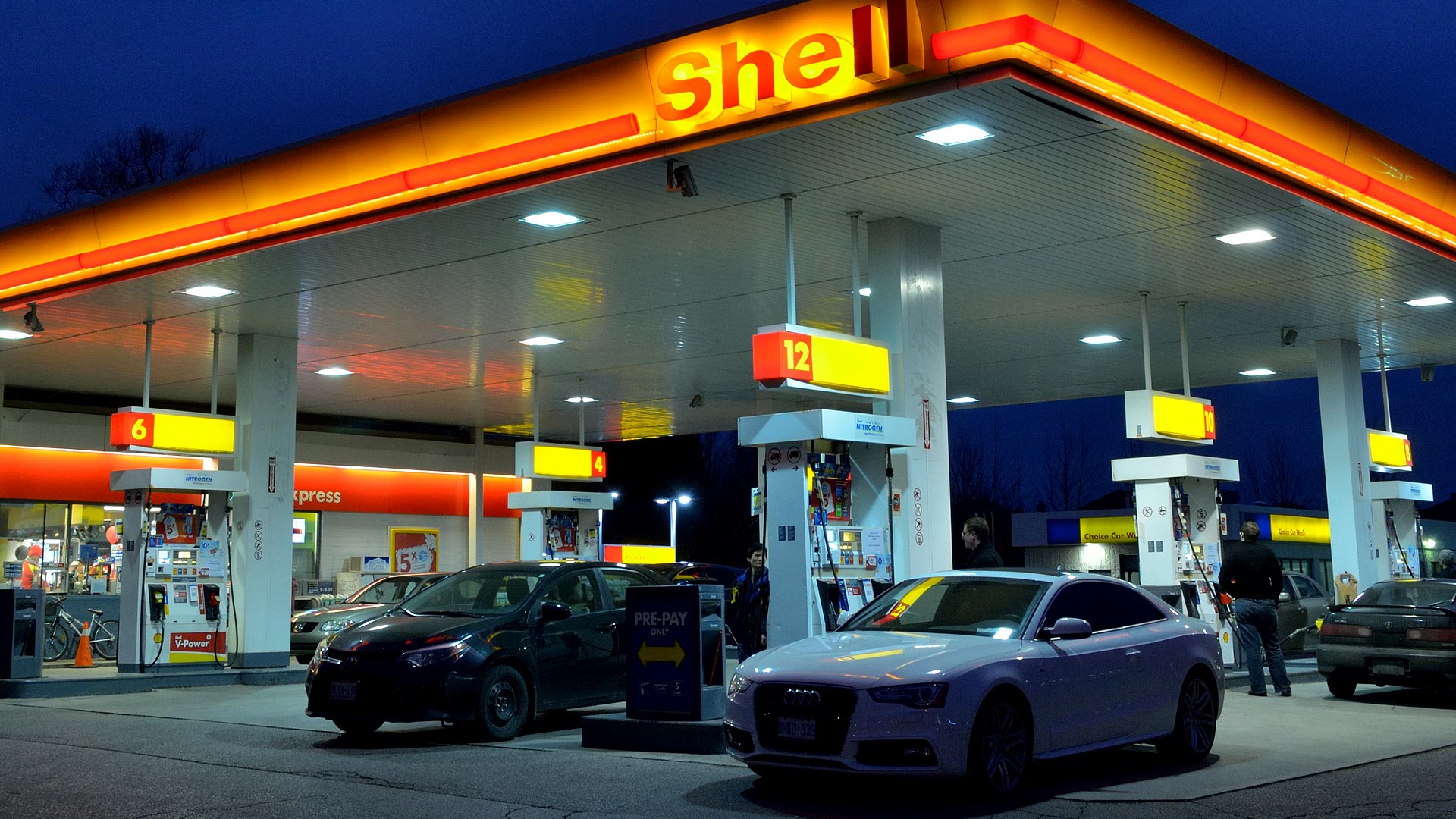E10 petrol was introduced back in September designed to make fuel cleaner and kinder on the environment, containing up to 10 percent renewable ethanal.
Along with this theres the potential to lower emissions and overall the view is E10 is a more environmentally friendly unleaded fuel mix.
However there is still the risk of damage to a cars engine and some engine parts especially in older vehicles so putting in place a preventative plan can help reduce these risks.
It’s important to note that over time, we are sure more research will be coming out on how E10 effects certain vehicles and what are the particular symptoms and warning signs to look out for are. For now we are looking at one area on why the new E10 fuel formula might throw a few a spanners into the works.
Expert tips for E10, The effects of E10 fuel Find out more information
Moisture in ethanol, lower emissions but more problems?
E10 is a formula made up of 90% unleaded fuel and then 10% ethanol explaining the E10 name. In the past only 5% was made up of ethanol.
Whilst ethanol is alcohol-based fuel produced from the fermentation of plants which is a greener substitute and kinder on the environment it can absorb moisture from the air. With this is mind there is a the potential risk of corrosion on rubber parts, metals, plastics and seals which can cause engine damage. Added moisture in a fuel tank for example can increase engine deposits effecting drivability.
Ethanol’s high solvency can cause problems with seals, hoses and gasket materials used in the fuel system and with cork, polyurethane, fibreglass/epoxy resins. Besides a risk of fuel leaks, rubber components and resins can become partially dissolved, producing deposits that could foul injectors and carburettor jets.
Depending on how much fuel and how long it takes to be used, fuel containing ethanol can become acidic due to its hygroscopic nature (ability to absorb and retain water) and cause corrosion of aluminium, zinc and galvanised materials, brass, copper and lead/tin coated steels.
We will see issues with vehicles registered before 2002 and a proportion of vehicles registered up to 2011. What is not clear is vehicles registered after 2011 will encounter the same problems, but they are not being attributed to E10 fuels. This is because the effects on the vehicle will be very different, depending on how people fill up the vehicle and how much they use it.
New: Wynn’s Specialist E10 Protector. Making E10 petrol safe for all petrol engines
Wynn’s Specialist E10 Protector is specifically developed to prevent problems of corrosion in the fuel system when using E10 fuel. It offers motorists an economical solution to eliminate the risk of engine damage caused by E10 fuel.
- Makes E10 safe for petrol engines
- Protects the fuel system against the harmful effects of E10
- Reduces the risk of expensive engine damage caused by E10
- Protects fuel system components against corrosion
- Lubricates the entire fuel system, including seals and gaskets
- Reduces friction and wear of fuel system components
- Harmless for catalytic converters
